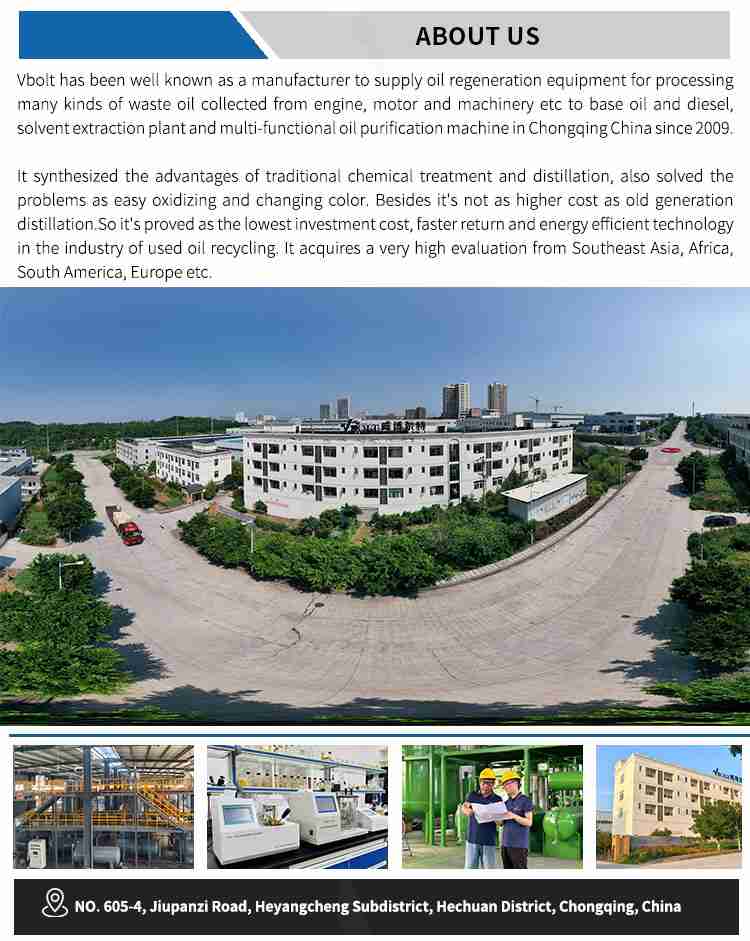"Ways to Reduce Sulfur Content in Fuels"
In today's world, where environmental concerns are at the forefront, reducing sulfur content in fuels has become an essential task. Sulfur in fuels can cause a plethora of problems, ranging from air pollution to damage to engine components. Here are some effective ways to lower sulfur content in fuels.
1.Advanced Refining Processes
One of the most significant ways to reduce sulfur in fuels is through advanced refining techniques. Hydrodesulfurization is a widely used method in the petroleum industry. In this process, hydrogen is used to react with sulfur compounds in the fuel, converting them into hydrogen sulfide, which can then be easily removed. This not only reduces sulfur content but also improves the overall quality of the fuel. Another refining method is oxidative desulfurization. Here, oxidizing agents are used to convert sulfur compounds into more polar substances that can be separated from the fuel more easily.
2.Use of Alternative Fuels
Promoting the use of alternative fuels can also help in reducing sulfur content. Biofuels such as ethanol and biodiesel are derived from renewable sources and generally have lower sulfur content compared to traditional fossil fuels. Moreover, natural gas is another alternative fuel that contains very little sulfur. By increasing the use of these cleaner fuels, we can significantly reduce sulfur emissions.
3.Improved Quality Control
Stringent quality control measures at every stage of fuel production and distribution can ensure that sulfur content remains within acceptable limits. This includes regular testing of fuels for sulfur content and implementing strict penalties for non-compliance. Fuel producers should also invest in modern analytical instruments to accurately measure sulfur levels and make necessary adjustments in the production process.
4.Catalytic Technologies
The development of advanced catalysts can play a crucial role in reducing sulfur content. Catalysts can enhance the desulfurization process by promoting specific chemical reactions that convert sulfur compounds into harmless substances. For example, some catalysts can selectively target and remove sulfur compounds without affecting the desirable properties of the fuel.
5.Public Awareness and Policy Initiatives
Raising public awareness about the importance of low-sulfur fuels can lead to increased demand for cleaner fuels. Governments can also play a vital role by implementing policies and regulations that mandate lower sulfur content in fuels. This can include setting strict emission standards for vehicles and industries and providing incentives for fuel producers to invest in desulfurization technologies.
In conclusion, reducing sulfur content in fuels is crucial for protecting the environment and ensuring the efficient operation of engines. Through a combination of advanced refining processes, the use of alternative fuels, improved quality control, catalytic technologies, and public awareness campaigns, we can make significant progress in achieving cleaner and more sustainable fuels.
Chongging VBOLT Machinery Manufacturing Co.Ltd has unique technology and rich experience in the waste oil recycling industry. The company constantly seeks development, extensively absorbs world’s advanced oil purification technology, and is committed to research and development in the field of oil treatment.
For more information, please contact:
Abby: +86 19122852257(WhatsApp)
Email:[email protected]




